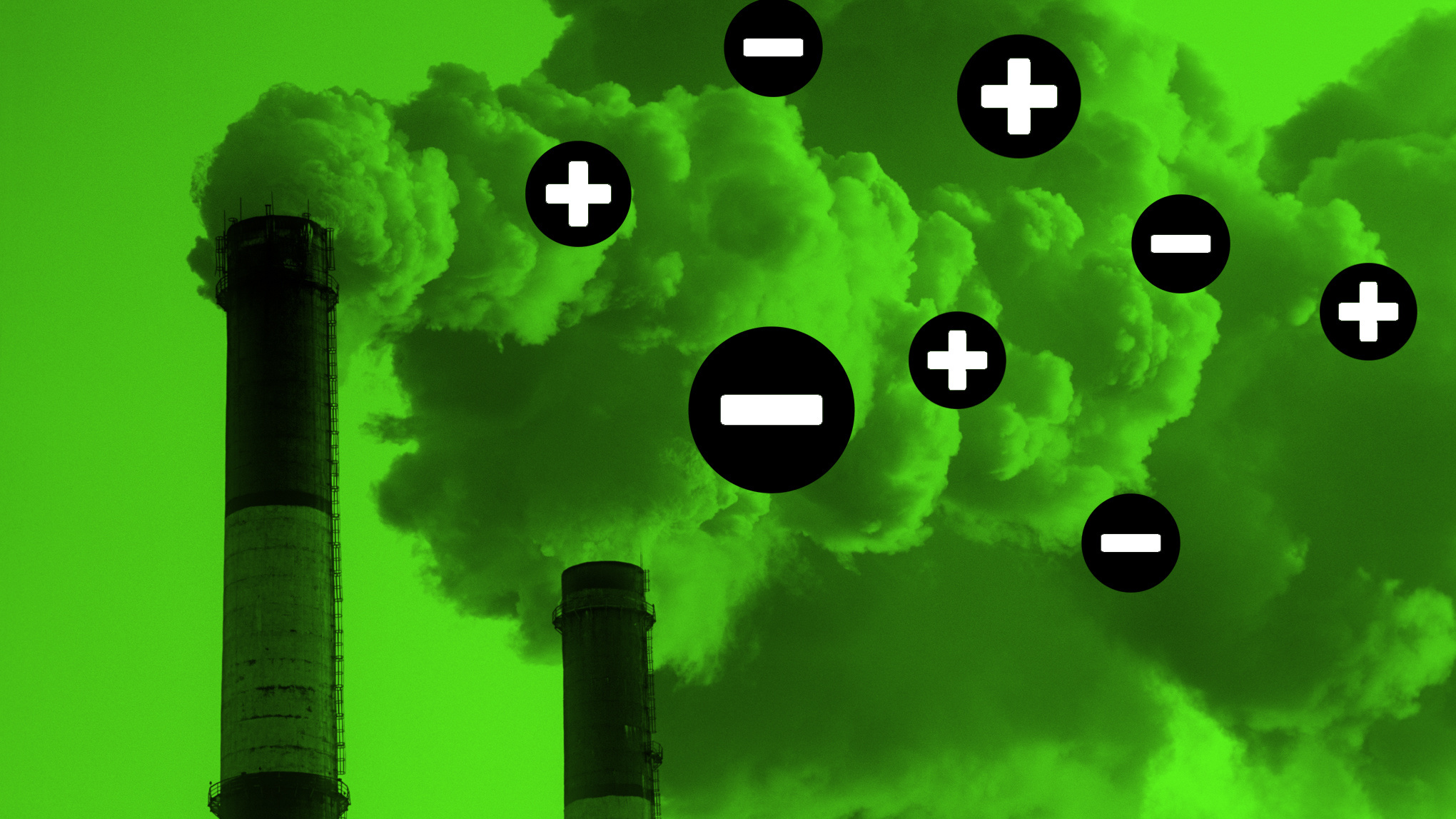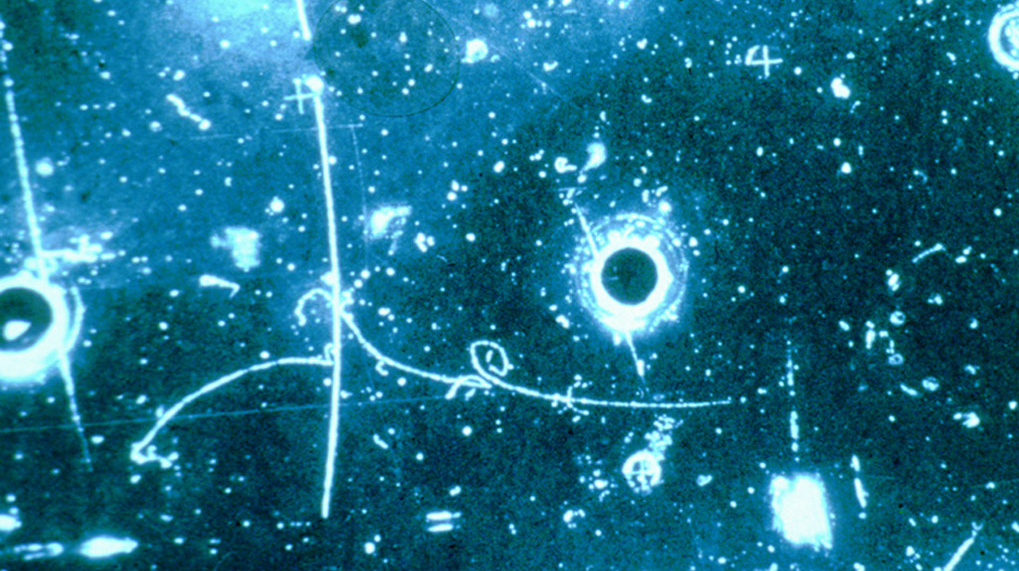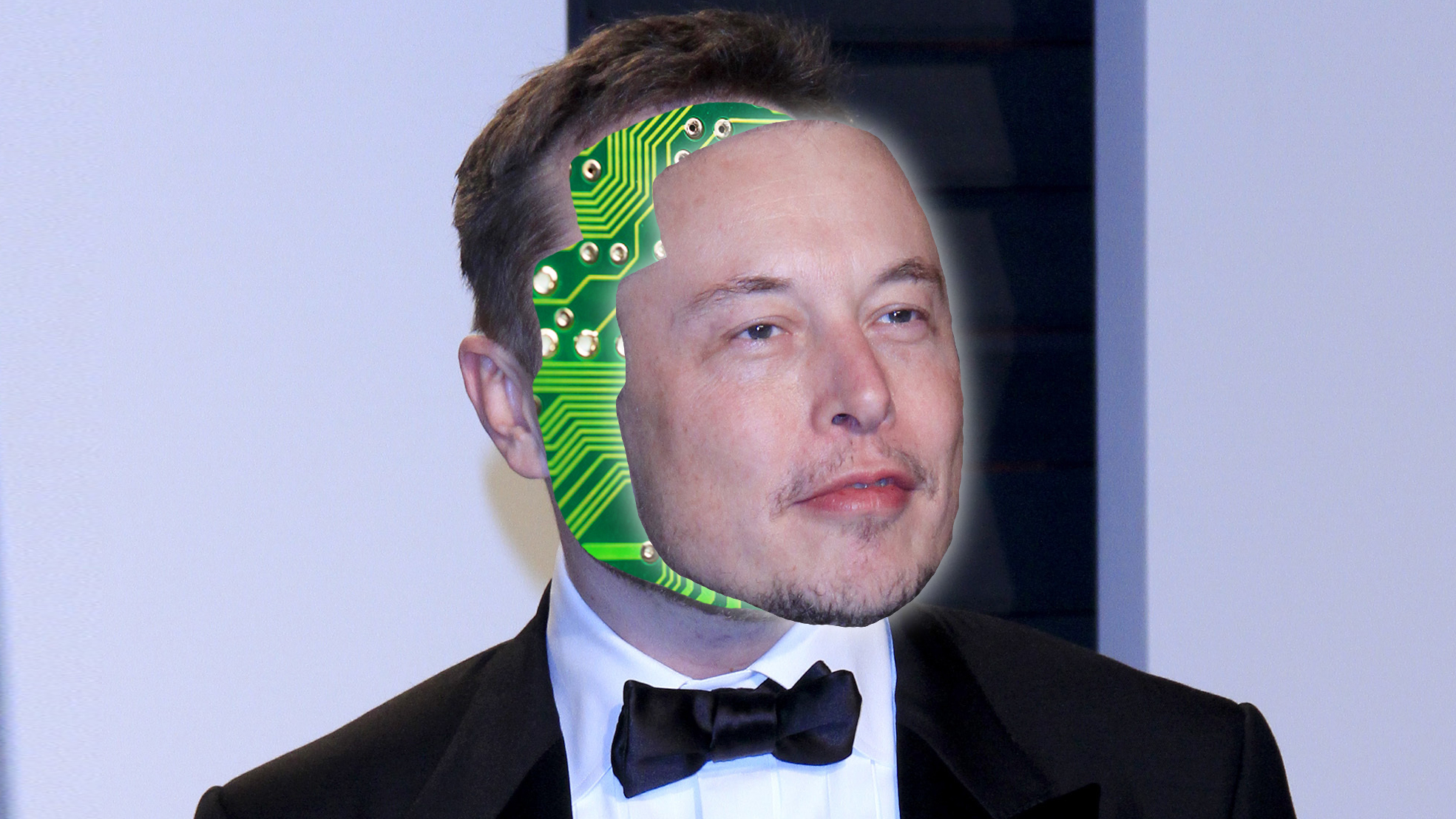Matt Davis
Matt Davis writes stories about science, technology, bizarre anecdotes from history, esoteric odds and ends, bleak but nevertheless fascinating environmental issues, and whatever else grabs his easily grabbed attention.
In the near future, we might use the toxic gas to power homes.
While the trend towards mindfulness is a pleasant idea, it might not actually be solving anything.
Break out your prospecting gear and space suit.
Scientists have grown a model human esophagus using pluripotent stem cells for the first time.
Handing out tickets might be distracting police departments from working on more serious crimes.
The world’s getting hotter, and it’s getting more volatile. We need to start thinking about how climate change encourages conflict.
It’s much more than an art form.
Traveling to Mars is going to be hard. Not going completely bonkers when we’re there may be even harder.
These modern-day hermits can sometimes spend decades without ever leaving their apartments.
Both the U.S. and the Soviet Union created secret cities to house the scientists working in their nuclear weapons programs. Both nations went about this in very different ways and with very different, sometimes disastrous, results.
Academic publishers have some of the highest profit margins in the world. In the digital age, researchers are starting to wonder whether publishers actually deserve this much money.
Although initial contact with outsiders is stressful, over time we figure out how to fit them into our lives.
Ever since we’ve had the technology, we’ve looked to the stars in search of alien life. It’s assumed that we’re looking because we want to find other life in the universe, but what if we’re looking to make sure there isn’t any?
Quantum particles are mysterious and difficult to track down, but neutrinos may be the most elusive quantum particles yet. The facilities designed to observe neutrinos are feats of engineering, and what they hope to uncover is profound.
The placebo effect has been exhaustively researched over the years, but scientists haven’t gotten much closer to explaining what causes it. Now, additional research is showing that the placebo effect is even stranger than we thought.
Bushier eyebrows are associated with higher levels of narcissism, according to new research.
To put it mildly, North Korea has had a complicated relationship with the world. In chronological order, here are five of North Korea’s most incredible plots.
Although the scope of the strike isn’t clear yet, the strike organizers claimed that they anticipated inmate demonstrations in as many as 17 states.
A historical look into the tipple that toppled the British Empire and kick-started America.
This eccentric Spanish spy received medals of honor from both the Nazis and the Allies. How did he do it, and why?
According to the study, for every extra day a student experienced sleep problems, they were 10% more likely to drop a course.
China is investing a gargantuan amount of money in Africa, but it’s leaving many in the global community concerned as to why.
“We don’t have to worry about some evil dictator A.I. because we are the A.I. collectively. That seems like the best outcome I can think of,” says Elon Musk.
Your brain organizes your memories in your sleep thanks to some incredible neuroscience.
Acetyl-L-carnitine has long been recognized as important for metabolism of fatty acids in mitochondria. Its newly discovered link to depression could one day change the lives of millions.
How is a smartphone made? Nearly every stage in the smartphone life cycle involves something ethically questionable.
Immigrants who come to the U.S. are significantly less likely than U.S.-born individuals to have mental health problems, according to a new study published in Psychiatry Research.
Believe it or not, insects today are really tiny. How did pre-historic insects get so colossal, and why have they now shrunk in size?



























